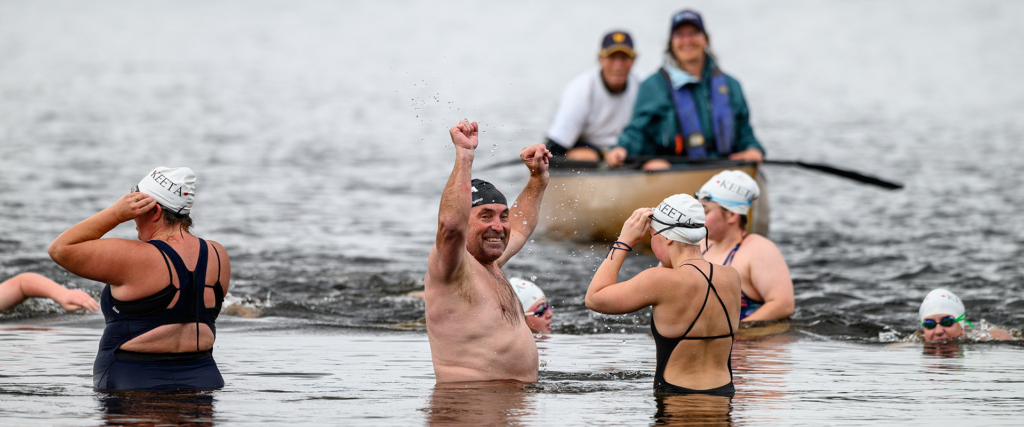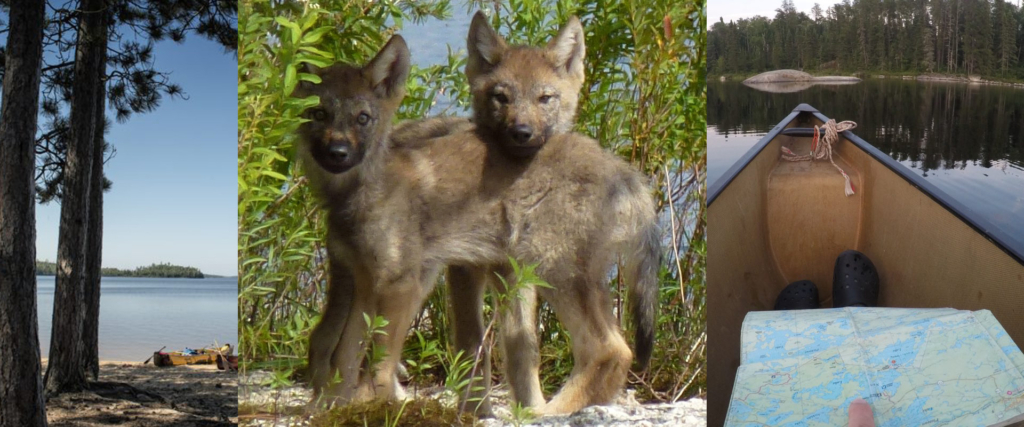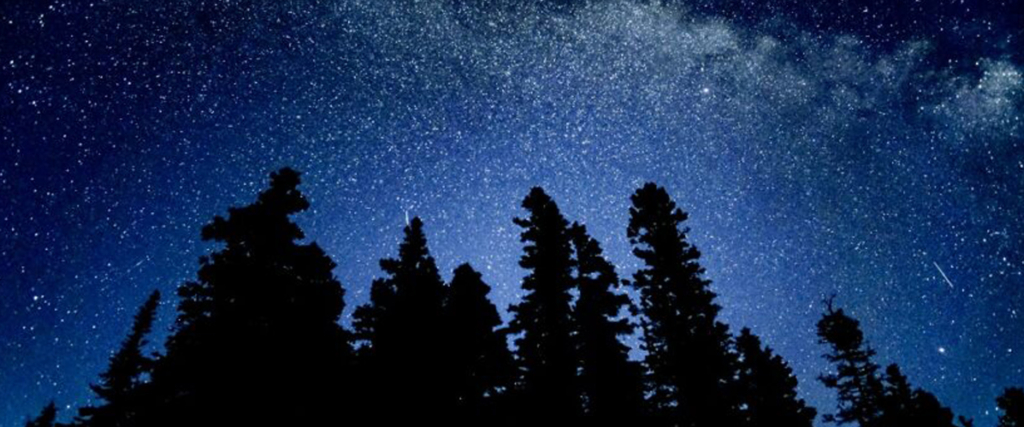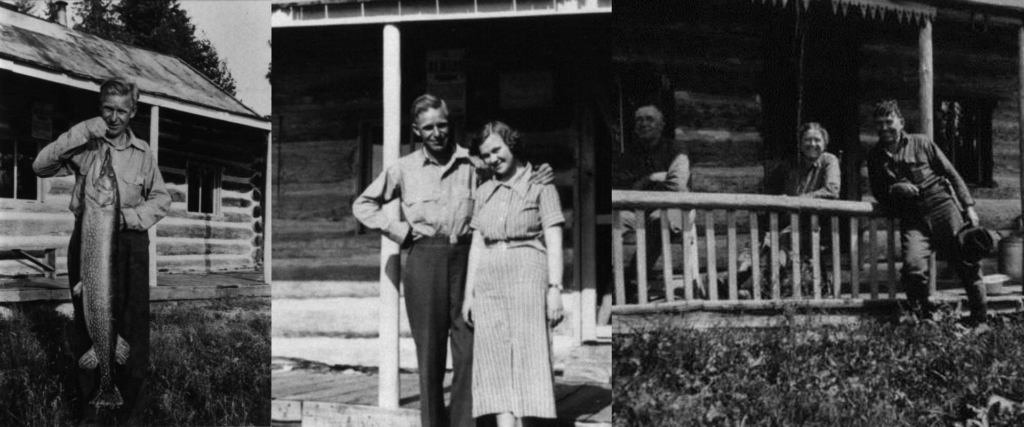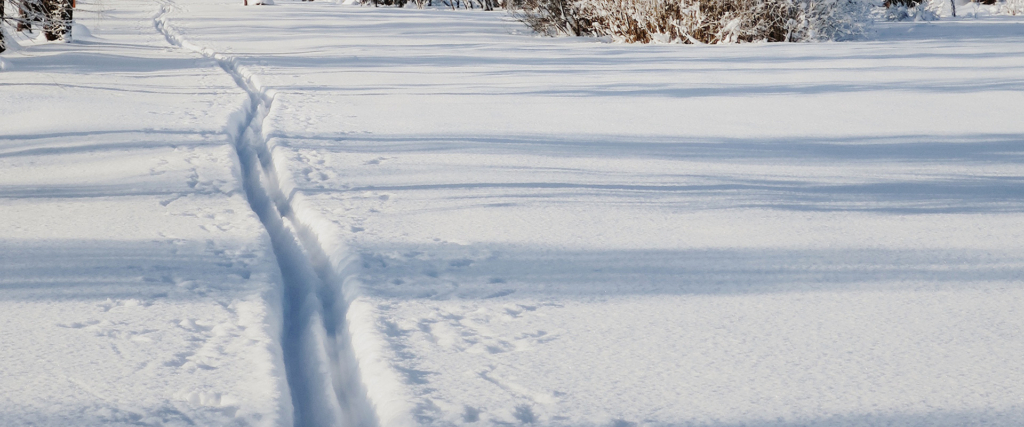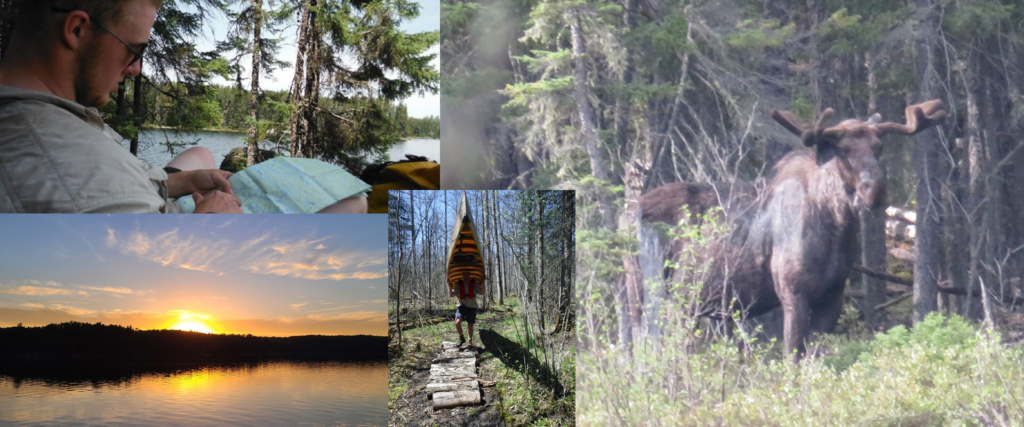Positions Available – 2024 Research Field Team
This summer employment opportunity is funded by the Quetico Foundation through the Margery J. Warren bequest. The purpose of this position is to provide a student in the field sciences or related post-secondary program the opportunity to gain valuable experience. The Research Team Leader is part of a two-person research field team primarily responsible for collecting data in the remote wilderness of Quetico Provincial Park under the direction of the Park Biologist. When in the office, responsibilities will include data entry, analysis, and report writing.


